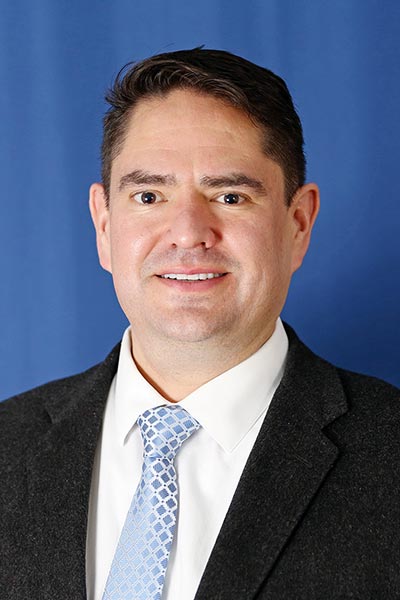
IHS is the principal healthcare provider for Native Americans across Indian Country.
IHS Deputy Director Benjamin Smith (Navajo) spoke to more than a dozen tribal leaders from Michigan, Minnesota, and Wisconsin at the Midwest Alliance of Sovereign Tribes (MAST) summer meeting at the Black Bear Casino Resort, owned and operated by the Fond du Lac Band of Lake Superior Chippewa. Smith filled in for IHS Director Roselyn Tso (Navajo), who was scheduled to speak but could not make the trip due to transportation issues.
In his address, Smith cited the U.S. Supreme Court’s Becerra, Secretary of Health and Human Services, et al. v. San Carlos Apache Tribe decision two weeks ago, on June 6, 2024, that ruled in favor of Native American tribes receiving reimbursement for healthcare administration costs.
The court ruled tribes are entitled to reimbursement from the IHS for indirect costs incurred in providing services, regardless of whether those services were paid for by the Indian Health Service (IHS) or other sources.
Smith noted that Congress will need to address any shortfall IHS will have due to the high court’s decision to require IHS to reimburse tribes.
“We’re in a position now in looking at our overall Indian Health Service’s budget, where we need to call on each of you to assist us to urge Congress to act on our Fiscal Year 2025 to shift the Indian Health Service budget from discretionary to mandatory funding starting in FY 2026. One main reason is we want to protect our overall appropriation,” Smith said.
When pressed by Native News Online, Smith said he could not provide a dollar amount of the impact of the Supreme Court’s decision.
“With the recent announcement of the decision, a lot of people are studying its impact, and we at IHS immediately discovered our potential impacts on the appropriations, Smith said.
Prior to the ruling, IHS estimated the financial impact of the decision could be up to $2 billion in added spending per year. Smith pointed out that there is no upper limit for how tribes spend third-party revenue, allowing them to use it to make even more third-party revenue with assistance from IHS support cost payments.
After the decision was released two weeks ago, Tso stated that IHS had “been preparing for this possibility in order to ensure that the transition to new CSC-related systems will cause minimal disruption to those we serve.” She added that “the agency remains firmly committed to executing our obligations under federal law and supporting tribal self-determination and sovereignty.”
MAST Executive Director Scott Vele (Stockbridge-Munsee of Mohican Indians) stressed the importance of tribal input. He remembered a wise elder used to tell him, “if you’re not at the table, you are on the menu.”
The MAST summer meeting concludes on Thursday.
More Stories Like This
Seven Deaths in Indian Country Jails as Inmate Population Rises and Staffing DropsSen. Luján Convenes Experts to Develop Roadmap for Native Maternal Health Solutions
Senate Passes Bill Aimed at Missing and Murdered Indigenous Peoples Crisis
Johns Hopkins Collecting Tribal Success Stories from $1.5B Opioid Settlement
Arizona MMIP Task Force Holds Listening Session for Survivors and Families


